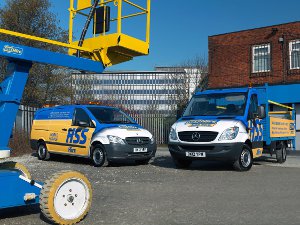 Mercedes-Benz has retained the contract to supply HSS Hire, the national supplier of tool and equipment hire and services, with its fleet of commercial vans.
Mercedes-Benz has retained the contract to supply HSS Hire, the national supplier of tool and equipment hire and services, with its fleet of commercial vans.
In 2009, HSS selected Mercedes-Benz as its sole van supplier, having been impressed with the safety, reliability and environmental credentials of the range. As the vans come to the end of their lease, Mercedes-Benz has now secured the contract to supply all replacement units, as well as a range of new vehicles.
HSS trials have shown that Mercedes-Benz vehicles are out on the road, rather than in a workshop, for twice as long as other vans, offering better reliability and fewer maintenance issues.
In addition, the use of ECO-Start in the Sprinters has lead to a significant reduction in fuel consumption for the company; a major saving for running expenses and environmental impact.
Further reductions were also seen in the number of vehicle accidents, which dropped considerably thanks to the extensive safety systems, including Adaptive ESP® stability programme, seat belt tensioners and adaptive brake lights, all fitted as standard on Mercedes-Benz vans.
The latest consignment consists of 170 Sprinter 313CDI Long Chassis cabs as well as 25 Vito 113CDI Long Panel vans.
The Sprinters, which will be used for collection and delivery of HSS hired equipment, feature a 13ft 6” alloy dropside Arnold Clark body with a 500kg column tail lift and towing upgrades to 6300kg.
Alongside the Sprinter 313CDIs are 25 Vitos, a brand new addition to the HSS fleet. The Vitos will have tailgates, which when open provide a sheltered working area at the rear of the van, together with internal racking and storage solutions. The Vitos will be used primarily for onsite maintenance and repair of hire equipment.
Lee Jackson, Fleet Manager at HSS, said: “At HSS, safety is paramount so making sure that the vans we chose offered sophisticated safety features played a large part in our decision making process. In addition, the reliability of Mercedes-Benz vehicles and the service and support they offer will help keep us on the road and make sure we are better equipped to serve our customers.
“We’ve introduced the Vitos to our range as they offer an increased payload and better mpg, which will mean our fitters can carry more parts and attend to more customers in any one trip”.
The vehicles, sold by Enza Motors, based in Warrington, will be maintained via the Mercedes-Benz dealer network.
For more information about Mercedes-Benz vans, click here.

 The
The 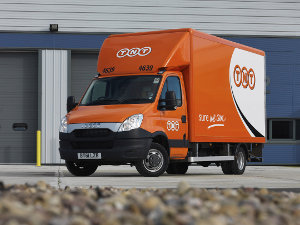 TNT Experiments With Sub-7.5t Trucks
TNT Experiments With Sub-7.5t Trucks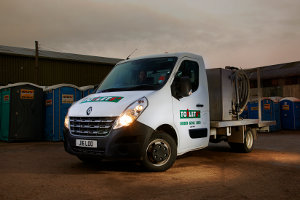 Leading portable toilet hire company,
Leading portable toilet hire company,  Ford has produced a special ‘Pharmavan’ version of the Transit for long-time customer AAH Pharmaceuticals.
Ford has produced a special ‘Pharmavan’ version of the Transit for long-time customer AAH Pharmaceuticals.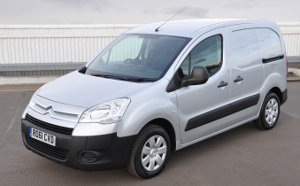 The
The 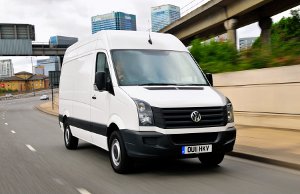 Just 18% of fleet van drivers have had any training to help them drive more fuel efficiently, while less than 35% of fleet operators have considered the effect their van drivers’ habits might have on fuel consumption.
Just 18% of fleet van drivers have had any training to help them drive more fuel efficiently, while less than 35% of fleet operators have considered the effect their van drivers’ habits might have on fuel consumption.